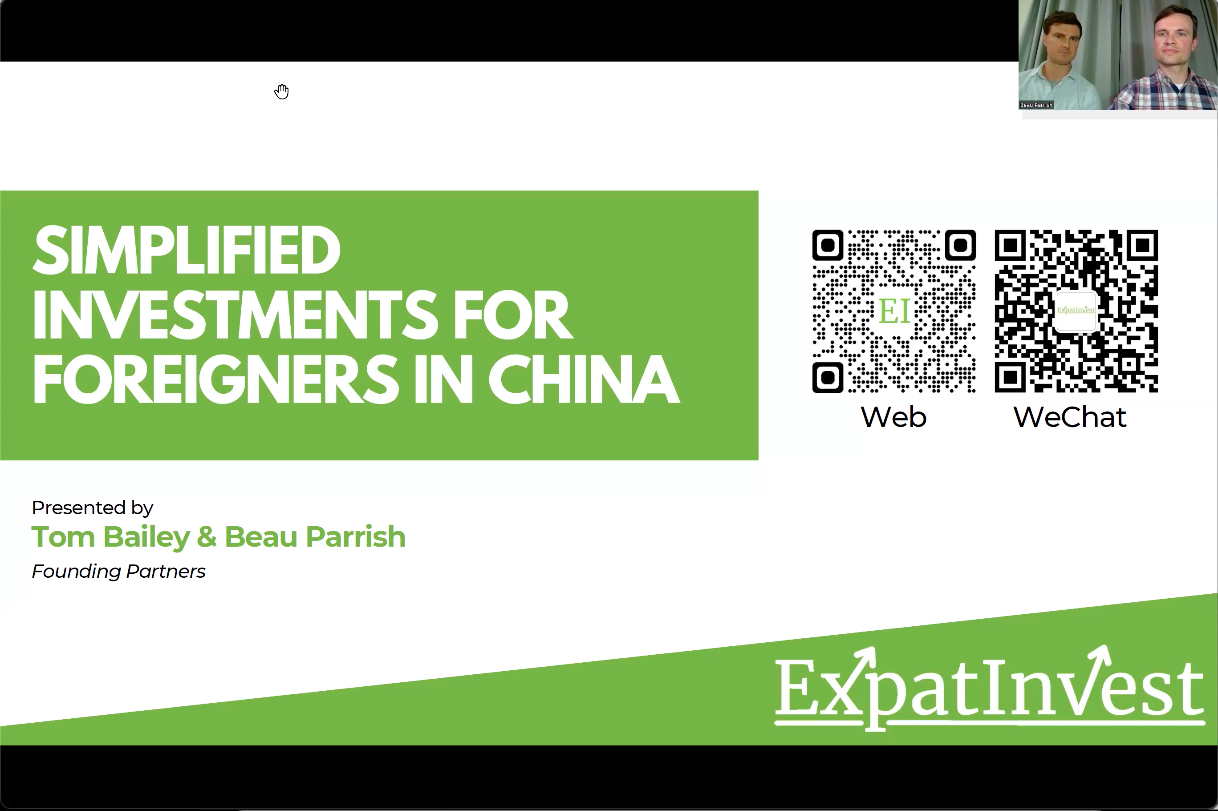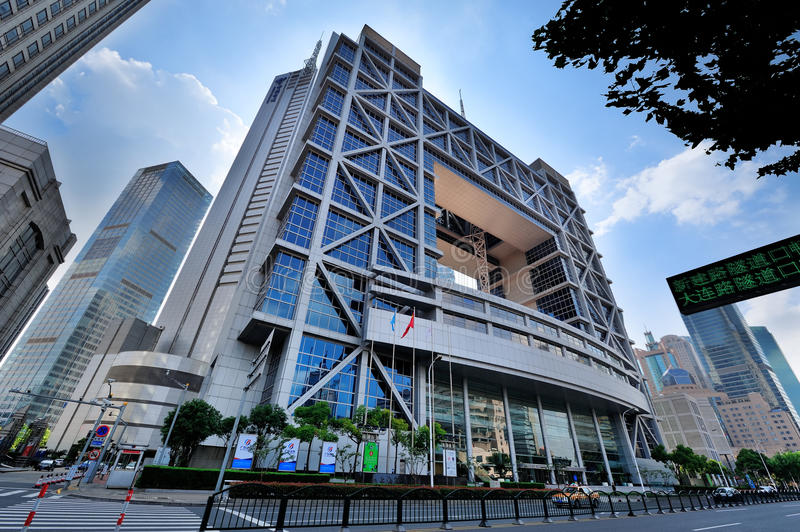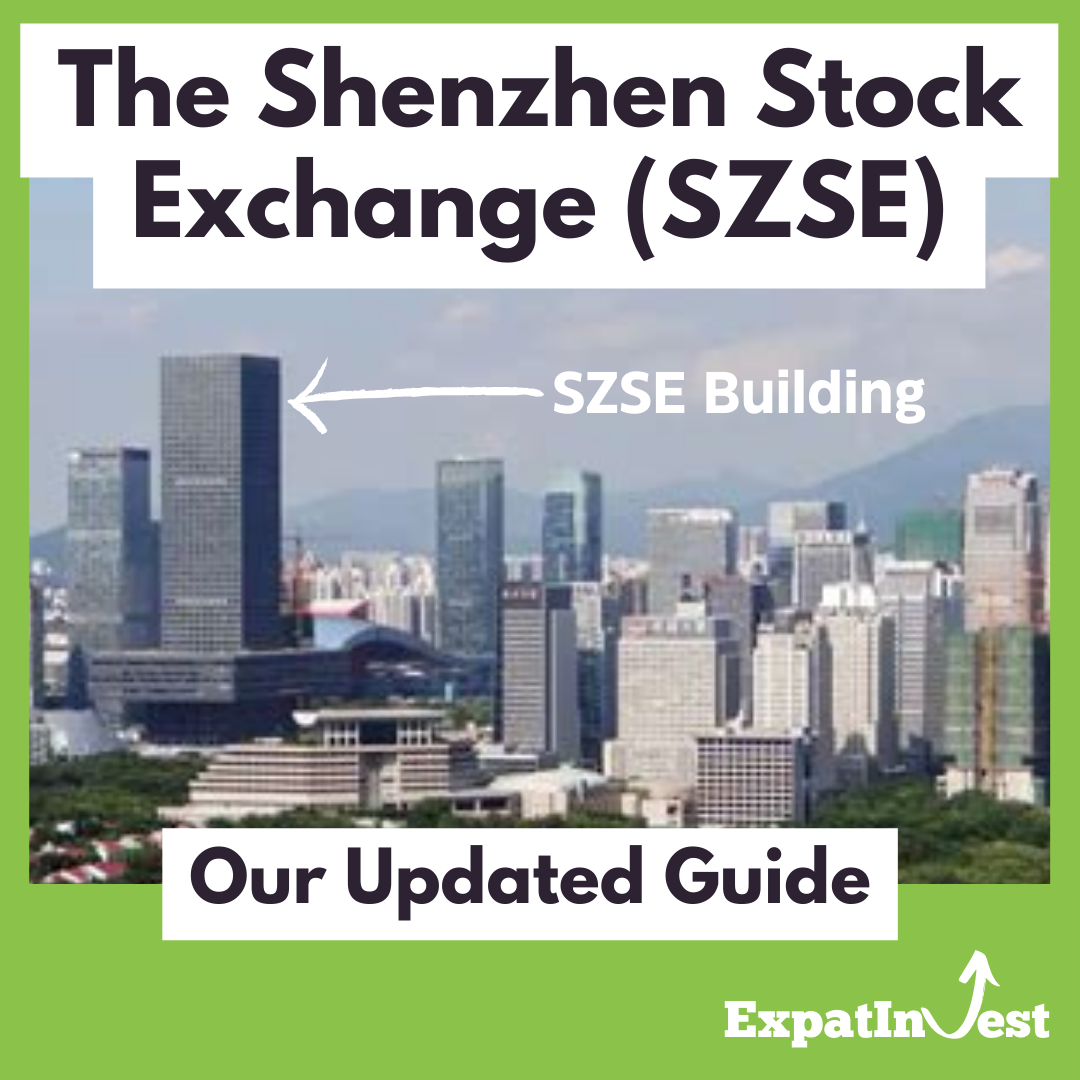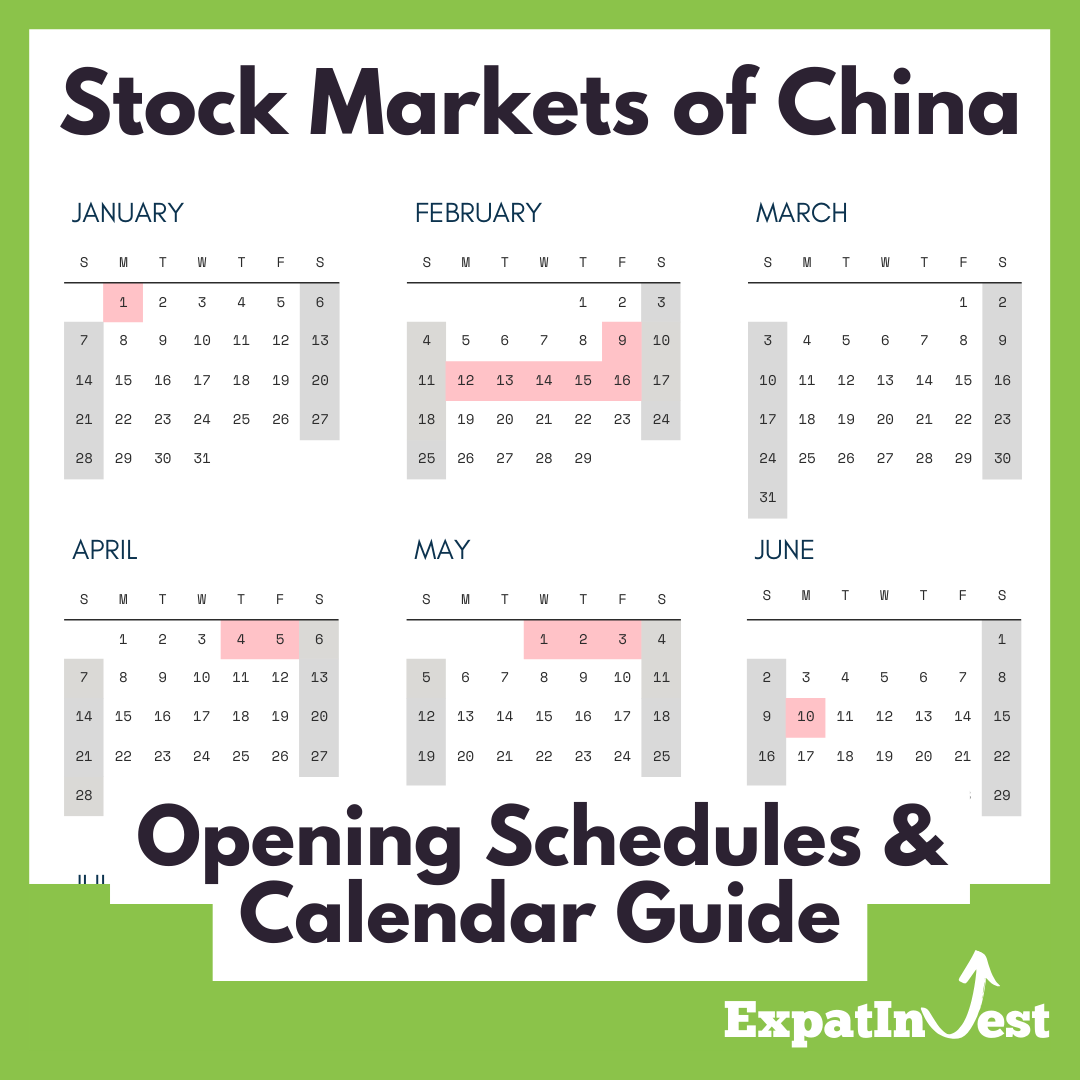Introduction
Upgrading the NEEQ
On 2 September 2021, Xi Jinping announced the establishment of the Beijing Stock Exchange (BSE). This exchange aims to upgrade the original National Exchange and Quotations (NEEQ) also known as the New Third Board to further support small and medium-sized enterprises (SMEs) in China. The BSE is wholly owned by NEEQ, with a registered capital of RMB 1 billion.
The NEEQ was set up in 2012 to support SMEs that were unable to meet the entry requirements of the Shanghai and Shenzhen exchanges. The NEEQ is divided into three tiers hosting a range of companies. The “select tier” companies are regarded as high-quality due to their good profitability and or notable innovativeness. The “innovation tier” companies are unable to meet the requirements of the “select tier” however they are well managed. Other companies are listed within the “base tier”.
Moving from the NEEQ to the BSE
The Beijing Stock Exchange hosts chosen “select tier” companies in an effort to provide them with greater opportunities and support to grow. The remaining two tiers will remain in the over-the-counter market of the NEEQ. In order to list on the BSE, companies will need to demonstrate a stable track record of 12 consecutive months in the “select tier”. They will also need to meet the expected market value, financial standards, and regulations.
Performance
The launch of the BSE saw huge gains, however, this quickly cooled down due to economic struggles, COVID-19 lockdowns, and a slumping property market. It has been a tough year, however, about 565 funds have included Beijing-listed firms in their portfolios. 27 Beijing-listed firms appear in the top 10 heavyweight stocks of these 565 funds, such as BTR New Material Group and Linton Technologies. These companies are excelling in producing products such as car batteries, photovoltaic, and semiconductor devices. Such companies are gaining global recognition in emerging fields and will further attract attention and investment to the BSE.
Why the need for a 3rd Stock Exchange in mainland China?
The Wall Street Journal published an article stating that China should have reformed the rules of its original stock exchanges instead of launching the BSE. However, China has shown over the past several years that it has been making substantial updates to the implementation of rules and regulations via its security laws and stock market reforms to ensure a safer and more sustainable market.
The Importance of SMEs
Moreover, China believes the implementation of the BSE was vital as SMEs account for 70-80% of Chinese GDP and employment. These companies are leading Chinese innovation, and therefore need more money to fund research and development, which was previously difficult to access from commercial banks.
Market Size and Improved Regulation
Subsequently, with over four times the population of the United States, the need for an additional exchange in the capital seems appropriate. Notwithstanding, as regulations show improvement and clampdowns on illegal trading activities strengthen, China continues to introduce further improvements, which are to be expected as security fraud is a global issue that all exchanges face.
Localization
In addition, with the Shanghai and Shenzhen Stock Exchanges located in southern China, the BSE will be able to create a more localised hub for companies located in the north. Innovative tech companies in areas such as Zhongguancun and Wangjing in Beijing can benefit from the close proximity to the BSE.
Breaking Away from Listing on US Exchanges
Some say that the BSE can act as a new capital market that isn’t overly reliant on the west. Therefore, companies on the BSE can attract overseas capital back to China and engage in global investment. The Beijing municipal government had lobbied for years to upgrade the National Equities Exchange and Quotations (NEEQ) exchange to act as a home for US-listed Chinese firms. The BSE will be able to support China’s innovative SMEs, which might be able to compete with tech companies in the USA.
80% of the Chinese invention and technology patents are held by SMEs, so with further funding and support, China could greatly advance in the tech sector. One reason that Chinese companies were previously listed on US stock exchanges was due to simplified access to capital injection, however, now SMEs will find it easier to receive financing from within China. China hopes that such support can spur tech industry growth.

Differences between the Beijing, Shanghai, and Shenzhen Exchanges?
The main differentiation between the BSE and the southern Shanghai and Shenzhen bourses is its focus on smaller companies that are at an earlier stage of development. Furthermore, not as many companies are listed in Beijing and they have a lower price-to-earnings ratio and price-to-book ratio than those on Shenzhen’s ChiNext and Shanghai’s Star market.
Check out our companion entry on The Shanghai Stock Exchange.
Less Liquidity
“The market capitalization of firms on the Beijing stock exchange is less than that in Shenzhen and Shanghai mainly because there is less liquidity on the Beijing bourse,” said Lei Jiayuan, a manager at Southern Asset Management. “But leading companies listed in Beijing are just as competitive as their peers on the other two bourses.” The BSE was formed during tough global economic times, so it might take some time to catch up with China’s exchanges in the south.
Nevertheless, the BSE can complement the Shanghai Stock Exchange Star Market and Shenzhen’s ChiNext by supporting companies that do not meet the requirements of the southern exchanges. Once the Beijing listed companies meet these requirements, they will have the option of transferring.
Investment Options
The New Third Board was previously criticized for its lack of vitality and liquidity. The BSE aims to solve this issue by having lowered the minimum investment from RMB 1 million to RMB 500,000 for individual investors. These adjustments have helped raise the number of individual investors to over 4 million. However, this is still not a suitable number for many retail investors.
Although, some believe that this is to reduce the risk that smaller investors could face in a particularly volatile market. As the companies on the BSE are relatively small, information on these companies is not so widely available to the public. Therefore, retail investors may face difficulties when conducting market research, whilst institutional investors can better access resources to make more calculated decisions.
Since November 2021 the BSE has attracted over 5 million qualified investors, including qualified foreign institutional investors. Long Haiyang, head of the executive office of the BSE said that the BSE is now receiving more and more IPO applications and processing them at a faster rate, which is expected to increase.
The BSE 50 Index
As more companies are listed on the BSE, more investors will want to invest. Therefore, the BSE aims to improve tools and trading strategies for foreign investors. The bourse has recently announced that it will soon launch its first broad-based index – the Beijing Stock Exchange 50 Index, which consists of its 50 largest and most liquid companies. This will give investors a clearer understanding of the overall performance of the market.
Meanwhile, the bourse has also introduced a government bond issuance business and drafted rules for margin trading and securities lending which intends to enrich the trading strategies of investors and improve the pricing function of the market. It is expected that financial markets will continue to open up in line with national policy, whilst improving new and existing services.
According to a fund manager that Yicai Global interviewed, ten asset managers have set up theme funds that invested in the Beijing exchange since November last year. These funds can be invested in the bourse through initial public offerings, strategic allotments, and private placements.
ETFs
Liu Yu-Jane, a professor of finance at Peking University’s Guanghua School of Management stated that the BSE might plan to consider exchange-traded funds (ETFs) which could attract more foreign institutional investors (FII). This would simplify the process for FIIs as ETFs create more market liquidity and reduce entry barriers. Overall, the BSE is gradually trying to promote initiatives that attract foreign investment into Chinese stocks, and we can expect this to grow as the country plans to boost its economic recovery.
Global Capital and Investment
Chinese capital markets have grown significantly over the past five years, witnessing growing numbers of international investors. This has been made possible through initiatives such as the Shanghai-Hong Kong Connection Program, the Shanghai-London Stock Connect, and the Shenzhen-Hong Kong Connect. The BSE may have a similar connect programme in the future.
Fixed-income investments and equities are popular options for overseas investors, and the Beijing-listed companies in emerging sectors can provide further opportunities. As market capitalization and the number of listings grow, the bourse will naturally receive more worldwide recognition. More measures are expected to open up the market to attract foreign investment. Overall, we are excited to see what lies ahead for the Beijing Stock Exchange.
Would you like to add Beijing Stock Exchange exposure to your portfolio? ExpatInvest’s Beijing Stock Exchange 50 Index Fund tracks the BSE 50 Index.
The content of this article was relevant at the time of publishing. Circumstances change continuously and caution should therefore be exercised when relying upon any content contained within this article.
References & Further Reading:
https://www.roedl.com/insights/china-bejing-stock-exchange-sme-capital-market
https://www.yicaiglobal.com/news/beijing-bourse-turns-one-more-funds-buy-in-but-it-still-lags-behind-china-other-exchanges
https://www.reuters.com/article/china-markets-beijing-stock-exchange-idUKL1N3090LD
https://news.cgtn.com/news/2021-09-19/Can-the-Beijing-Stock-Exchange-spur-innovation-and-inclusive-growth–13Gjox7a1uU/index.html
https://news.cgtn.com/news/2021-11-15/Why-does-China-need-Beijing-Stock-Exchange–15dvkVBttfy/index.html?fr=operanews
Share this article:








